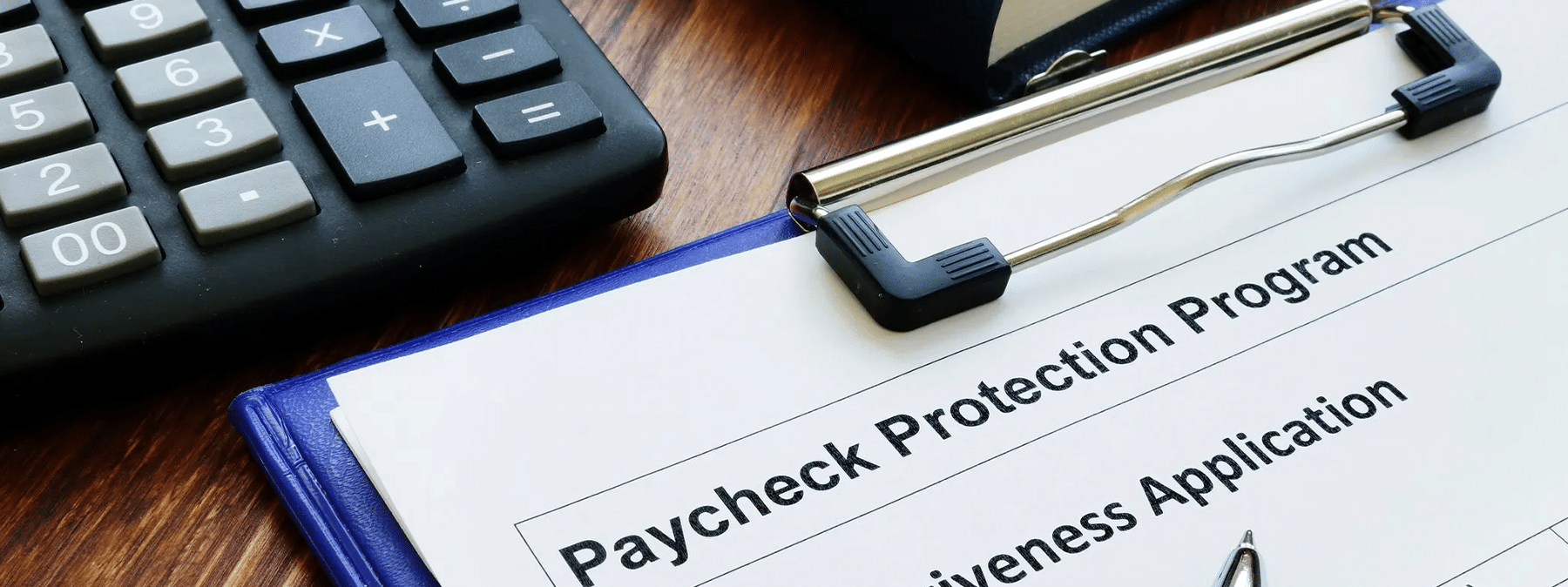The Paycheck Protection Program And PRAC
The PPP was established under the Coronavirus Aid, Relief, and Economic Security Act, a federal law enacted on March 29, 2020, to provide emergency financial assistance during the COVID-19 pandemic. The PPP offered forgivable loans to small businesses to cover payroll, rent, and other specified business expenses; this program ended in May 2021.
The PRAC was formed to promote transparency and oversee the federal government’s response to the COVID-19 pandemic. With 21 member Inspectors General, the PRAC identifies significant risks across programs and agency boundaries to detect fraud, waste, abuse, and mismanagement in the more than $5 trillion in COVID-19 spending, which includes spending via the PPP.
Investigations are supported by the PRAC’s Pandemic Analytics Center of Excellence, which applies forensic and analytic technologies to aid law enforcement and OIGs in pandemic relief fraud investigations.
WE PROVIDE FREE CONSULTATIONS CALL US TODAY
Government Investigation Into PPP Loan Fraud
The U.S. Small Business Administration’s (SBA) Office of Inspector General (OIG) conducted an assessment to measure potential fraudulent activities within the SBA’s pandemic relief loan programs. During the COVID-19 crisis, approximately $1.2 trillion was distributed via the COVID-19 Economic Injury Disaster Loan (EIDL) and Paycheck Protection Program (PPP) initiatives.
To hasten the delivery of these funds, SBA adapted its internal checks and balances, unfortunately compromising security measures and paving the way for fraudulent entities to misuse the programs. As a result, an estimated $200 billion, or 17% of all EIDL and PPP funds, may have been wrongly distributed to fraudulent entities.
18 U.S.C. § 1344 – Bank Fraud
18 U.S.C. § 1344 – commonly known as the Bank Fraud law – makes it a crime to knowingly attempt to trick a financial institution or to fraudulently obtain assets controlled by such an institution. The deception could be through false pretenses, making false promises, or giving false representations. For example, this could apply to someone who lies on a loan application or falsifies financial documents to trick a bank.
If you’re found guilty of violating this law, the penalties are serious. You could face a fine of up to $1 million, up to 30 years in prison, or both. This emphasizes the seriousness with which the government views the offense of bank fraud. It’s not a crime to be taken lightly, and you should take any charges related to bank fraud very seriously.
Conspiracy to commit bank fraud is punishable by a potential maximum of 30 years in prison and a fine of up to $1 million. Count of conspiracy to commit access device fraud is punishable by a maximum of five years in prison and up to a $250,000 fine.
18 U.S.C. § 1001 – False Statements Or Entries
According to federal law, if you knowingly or willingly make false statements, either spoken or written, or hide important information with the intention of influencing the decision of a federal department, you could be in serious trouble. This includes trying to influence the Department of Housing and Urban Development (HUD) or any decisions related to federal loans or securities.
Let’s say, for instance, you’re trying to get a federal loan, and you lie about your income, assets, or any other crucial details. Alternatively, you might alter, forge, or counterfeit any document, and then knowingly present it as the real deal. If you’re caught doing any of these, you could end up facing hefty fines or even jail time.
18 U.S.C. § 1007 – Federal Deposit Insurance Corporation Transactions
This law concerns making false statements with the intention of influencing the Federal Deposit Insurance Corporation (FDIC) in any possible way. This could include intentionally overestimating the value of a security when trying to get, extend, or renew a loan.
For example, you could be applying for deposit insurance or trying to gain control of an insured state nonmember bank, and you decide to make false statements during the application process. You could also provide misleading information to an FDIC examiner during an inspection.
Interestingly, for you to be found guilty of breaking this law, it’s not necessary to prove that the FDIC suffered a loss or was damaged because of the false information you provided. Merely giving false or misleading statements to the FDIC is enough to land you in hot water, which might involve significant penalties.
PPP Loan Fraud Lawyer: White Collar Defense
If you are facing federal PPP loan fraud charges, don’t let these allegations devastate your life. Reach out to the team of fraud attorneys at Cofer Luster Law Firm, PC. As highly-rated Texas criminal defense lawyers, we bring steadfast dedication, powerful representation, and advanced legal expertise to your case. Our team stands firm as your bulwark, armed with the trial experience and cutting-edge knowledge needed to turn the tide in your favor. Led by the Board Certified in Criminal Law, Cody Cofer, we remain loyal to our clients, ready to tackle any challenges that come our way. Don’t hesitate. Contact us now at (682) 777-3336 or online and let us bring calm to the chaos. Let Cofer Luster Law Firm and our criminal defense attorneys fight fiercely for you.
To learn more about fraud charges, click here.



